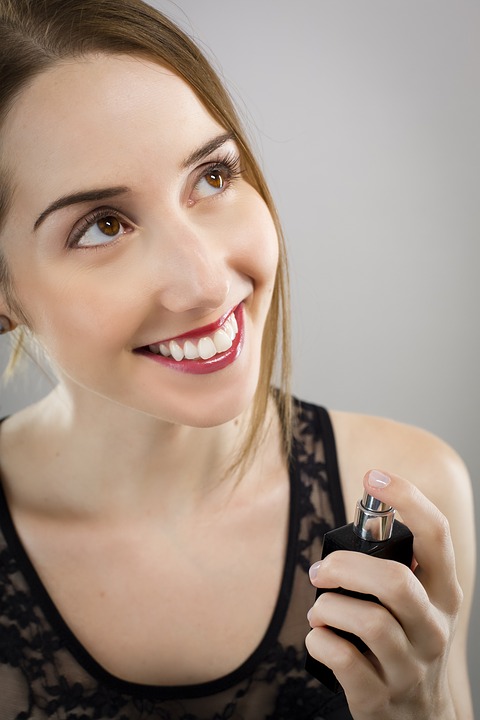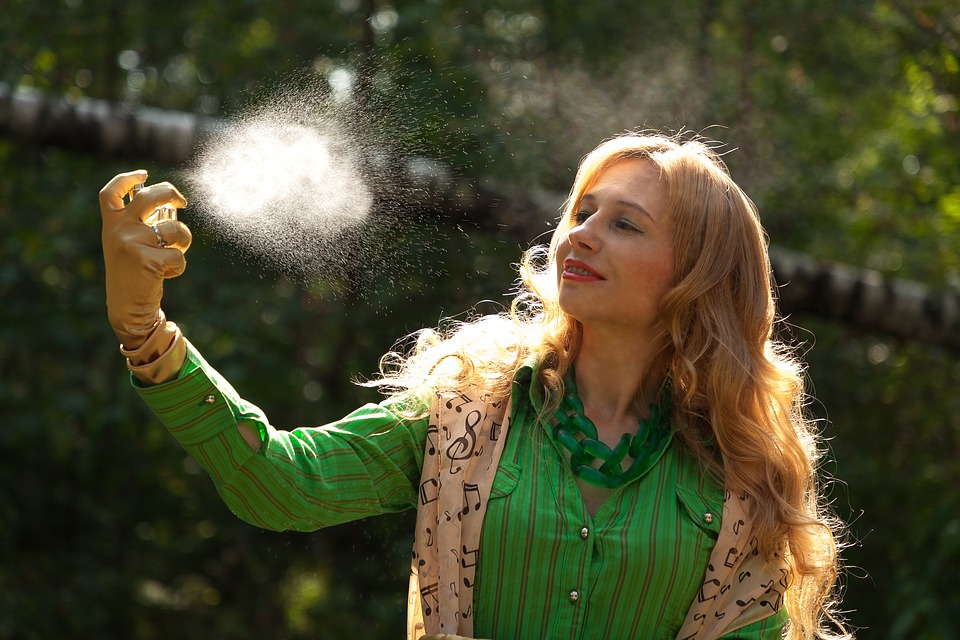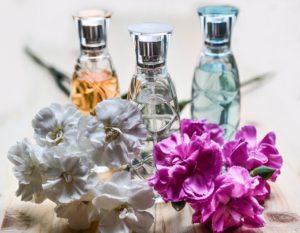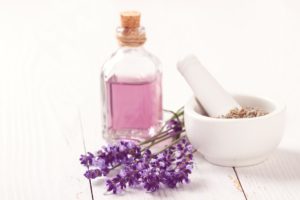
Choosing the right perfume involves more than simply finding a scent that you like. It also entails finding a scent that goes well with your body chemistry. Fortunately, there are many fragrances to choose from so you can find one or dozens that work.
As for why chemistry comes into play, skin moisture and temperature can affect how a fragrance smells. It can smell great in the bottle, but it can change once it is on the skin. For example, a fragrance travels better in warm weather, which is why there are summer and winter fragrances.
The condition of the skin is another factor. If the skin is moisturized, a fragrance will last longer than it will if it is applied to dry skin. That is why it is commonly recommended that you apply Shea Butter or Vaseline to your pulse points before applying perfume to those areas.
Always apply your favorite fragrance to your pulse points instead of on your clothes or other places on the body because you’ll get more bang for your buck. Fragrances never last long when applied to clothes because there is no body heat to work with.
Consider Fragrance Note Classes
Something else that you need to know when choosing a fragrance is the classes of fragrance notes. They are:
- Head/Top Notes – These notes are the first ones you smell in a fragrance because they are the first to evaporate.
- Heart/Middle Notes – After the top notes evaporate, these are the notes that you smell. These notes hide the base notes as the base notes’ fragrance improves with time.
- Base Notes – These notes are what you smell hours after applying a fragrance. The composition of these notes determine how long a fragrance will last.
From there, you have floral, oriental, woody, and fresh categories. Which category a fragrance fits in depends on its notes. Your body chemistry is going to help you determine which class of fragrance works best for you.
Using Skin Type to Find the Right Scent

One major component of your chemistry is skin type. If you have oily skin, perfumes are going to last longer on you. This makes a citrus or light floral scent best on you because you won’t smell too strong after applying the perfume. If you like the muskier, darker scents, use a small amount.
If you have dry skin, you need a stronger perfume because the scent won’t stick to you very well. A woody, musky fragrance will work well because of fragrance strength. You can even choose fragrances with a more aromatic note or floral head note unless you like lighter scents, which will require you to moisturize your pulse points.
Pay Attention to Your Body Heat
In addition to skin type, body temperature plays a huge role in how well a fragrance lasts or doesn’t last. A person with a higher basal body temperature will get a better pay-off from the perfume because it will linger longer. A person with a lower basal body temperature will need stronger fragrances.
If you aren’t sure about your basal body temperature, think about times you have “run a little hot” when everyone else has been cold. Then again, you might be the type of person who is always colder than everyone else.
Don’t Buy On a Whim
One last and very important buying tip is that you shouldn’t buy a fragrance just because it smells good on someone else. Consider your skin type, body heat, and preference so that you can choose a fragrance that fits your unique body chemistry. Keeping these things in mind will help you choose a fragrance that fits you.

 A fragrance is a fragrance, right? Well, not really. You’ve probably noticed when shopping for something that appeals to your nose, there are different fragrance types to choose from. This can make it difficult to determine which is right for you if you don’t know the difference between them.
A fragrance is a fragrance, right? Well, not really. You’ve probably noticed when shopping for something that appeals to your nose, there are different fragrance types to choose from. This can make it difficult to determine which is right for you if you don’t know the difference between them. because of its concentration and how that contributes to its wear time. You can use less and get more mileage out of it, which can require re-application more than once within a 24 hour period.
because of its concentration and how that contributes to its wear time. You can use less and get more mileage out of it, which can require re-application more than once within a 24 hour period. isn’t always very pleasant smelling in its pure form. An eau de parfum can be the answer to this because it can use less of something while also being more.
isn’t always very pleasant smelling in its pure form. An eau de parfum can be the answer to this because it can use less of something while also being more.